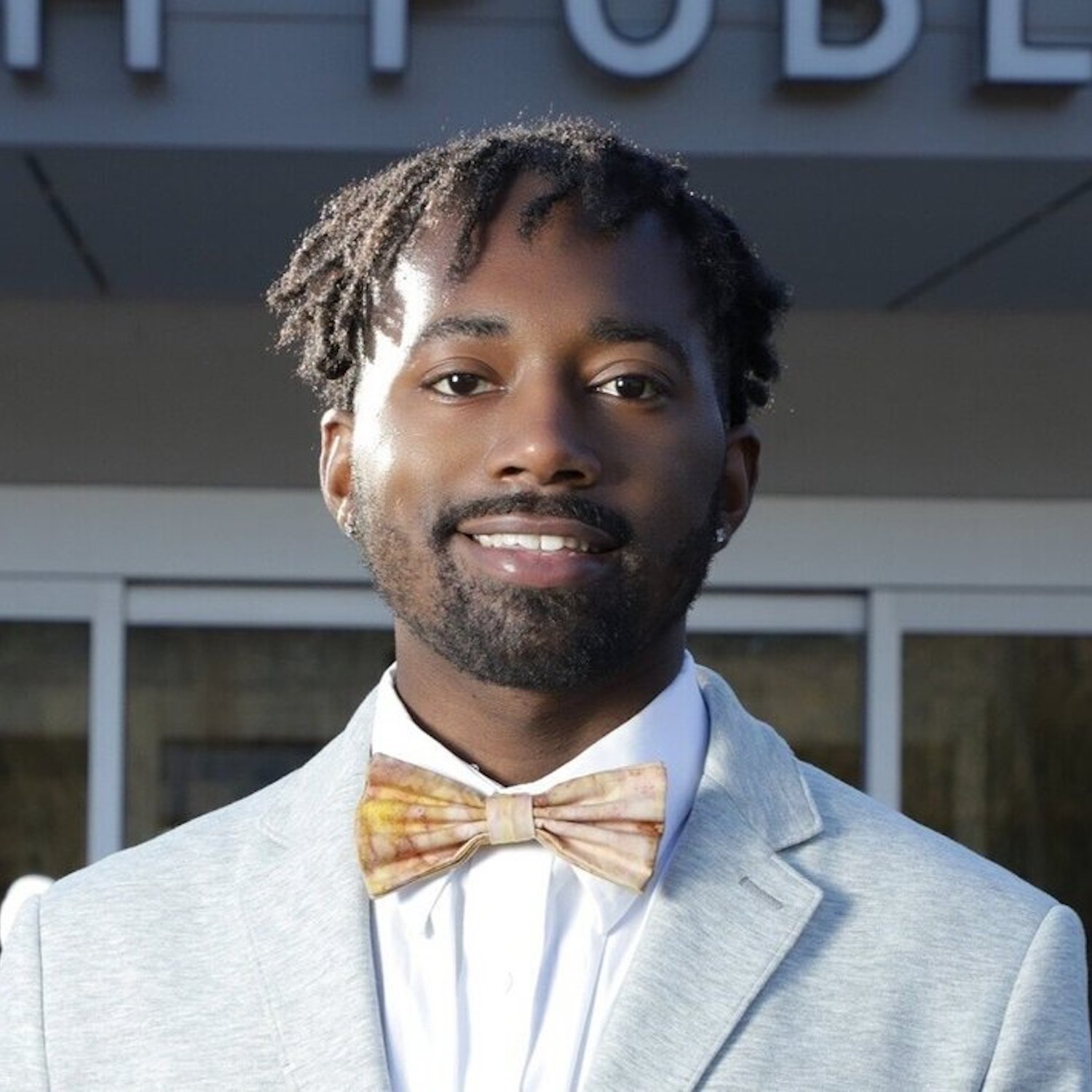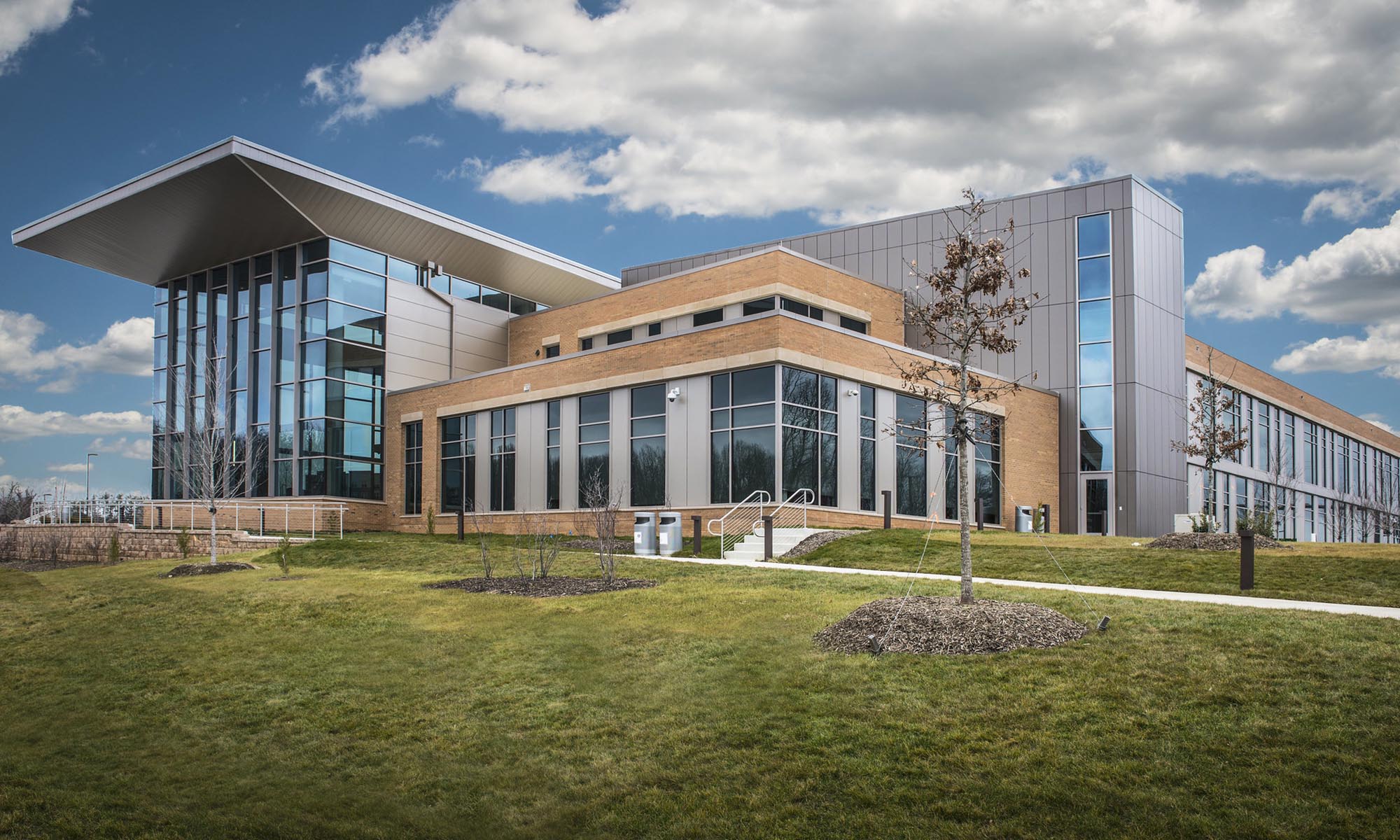Will AAPI, Latino, & Indigenous history finally be taught in public schools?
HB 1179 seeks to expand for a more diverse curriculum to be included in social studies courses
Although February is established as Black History Month in America to recognize the achievements of the global majority, there has always been a struggle to include more cultures in public school curricula, especially in Virginia. Now, a bill is being introduced that could make that possible.
Delegate Nadarius Clark (D-79th House District), who last November became the youngest Democratic delegate elected to the General Assembly, is the chief patron for House Bill 1179. According to the fact sheet provided by PWC Mutual Aid, the summary for this bill reads as follows:
HB 1179 establishes the Virginia Asian American and Pacific Islander, Indigenous and Latino Education Advisory Board to assess and develop Asian American and Pacific Islander, Indigenous and Latino social studies and history curricula. The bill closely mirrors the commission established by Governor Northam’s Executive Order 39 to study African American History.
They officially presented HB1179 on January 17th in the Virginia State House, and today students and community activists will be speaking about why it should be passed. Visit Virginia’s Legislation Information System website for further details. Below is the background on the bill:
Current Asian American and Pacific Islander (AAPI), Indigenous and Latino representation in Virginia history curriculums is limited. Out of the more than 400 standards and substandard in American and Virginian civic and history courses, less than 10 standards reference AAPI, Indigenous, and Latino communities in America, according to the Virginia Department of Education studies. The lack of AAPI, Indigenous and Latino representation in social studies curricula neglects the vibrant contributions that AAPI, Indigenous and Latino Americans have made to our culture, national security, technology, economy, and society as a whole.
HB 1179 rectifies this dearth of representation through the Virginia Asian American, Pacific Islander, Latino, and Indigenous Education Advisory Board. The board is composed of 24 nonlegislative citizen members, appointed as follows:
- Eight members with experience and expertise in AAPI history, policy, and civil rights. The Governor, Senate Committee on Rules, and Speaker of the House will each appoint one of these members. The remaining five members will be appointed by the Chair of the Virginia-Asian Advisory Board.
- Eight members with experience and expertise in Indigenous history, policy, and civil rights. The Governor, Senate Committee on Rules, and Speaker of the House will each appoint one of these members. The remaining five members will be appointed by the Chair of the Virginia Indian Advisory Board.
- Eight members with experience and expertise in Latino history, policy, and civil rights. The Governor, Senate Committee on Rules, and Speaker of the House will each appoint one of these members. The remaining five members will be appointed by the Chair of the Virginia Latino Advisory Board.
All non-legislative board members appointed by the Governor are subject to General Assembly confirmation, and members appointed by the Chair of the Asian, Indian, or Latino Advisory Board cannot be a current member of their respective advisory board. The board also includes five ex-officio office members or their designee: the Superintendent of Public Instruction, Director of the State Council of Higher Education, the Secretary of Education, the Chief Diversity, Equity, and Inclusion Officer, and the Chief Workforce Development Officer.
In total, the Virginia Asian American, Pacific Islander, Latino, and Indigenous Education Advisory board will be composed of 29 members. The board will be empowered to make recommendations that:
- Make technical edits to history and social study standards of learning and associated curriculum frameworks.
- Design new model curricula for AAPI, Indigenous and Latino history elective courses in secondary schools.
- Help develop culturally competent professional development.
For more information on HB 1179 and the Teen Caucus, please contact Aaryan Rawal at teen_political@vayd.org.



